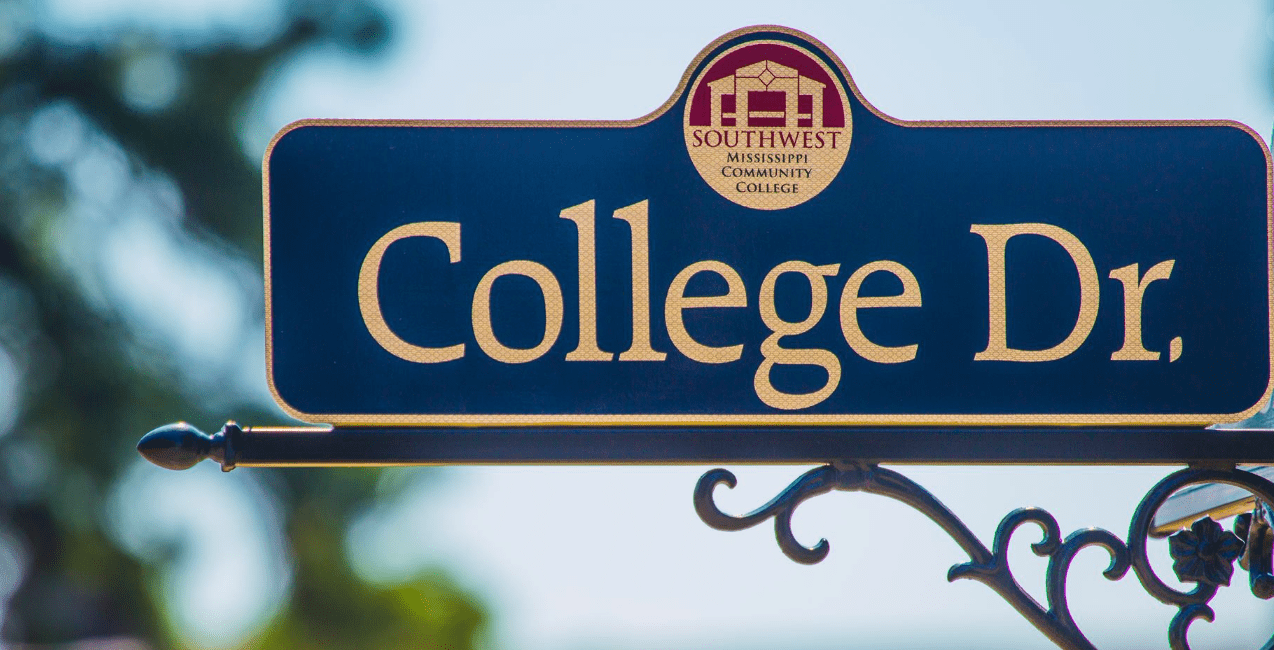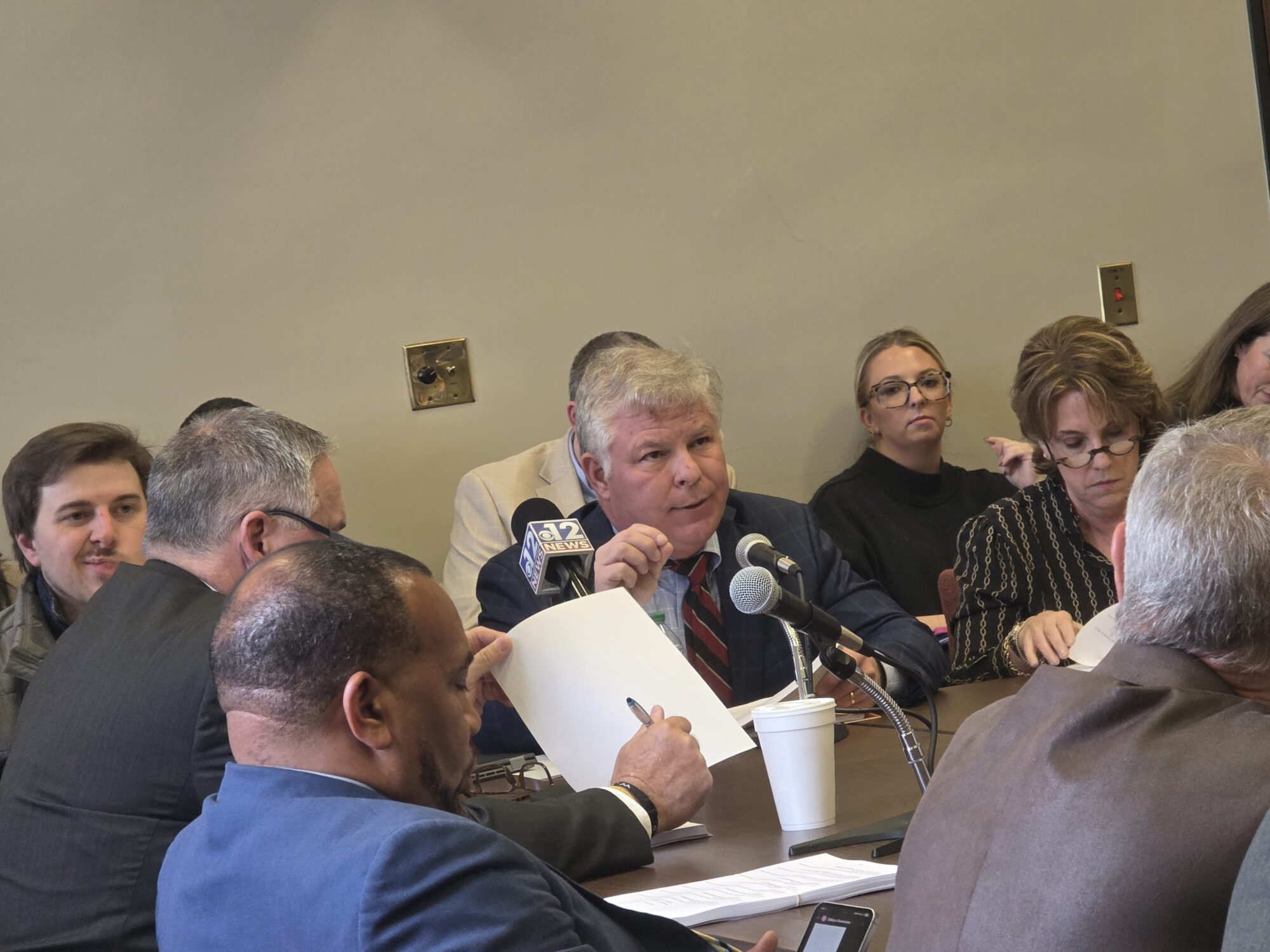Obama campaign used party rules to foil Clinton
Unlike Hillary Rodham Clinton, rival Barack Obama planned for the long haul. Clinton hinged her whole campaign on an early knockout blow on Super Tuesday, while Obama’s staff researched congressional districts in states with primaries that were months away. What they found were opportunities to win delegates, even in states they would eventually lose.
Attributing his success only to soaring speeches and prodigious fundraising ignores a critical part of contest.
Obama used the Democrats’ system of awarding delegates to limit his losses in states won by Clinton while maximizing gains in states he carried. Clinton, meanwhile, conserved her resources by essentially conceding states that favored Obama, including many states that held caucuses instead of primaries.
In a stark example, Obama’s victory in Kansas wiped out the gains made by Clinton for winning New Jersey, even though New Jersey had three times as many delegates at stake. Obama did it by winning big in Kansas while keeping the vote relatively close in New Jersey.
The research effort was headed by Jeffrey Berman, Obama’s press-shy national director of delegate operations. Berman, who also tracked delegates in former Rep. Dick Gephardt’s presidential bids, spent the better part of 2007 analyzing delegate opportunities for Obama.
Obama won a majority of the 23 Super Tuesday contests on Feb. 5 and then spent the following two weeks racking up 11 straight victories, building an insurmountable lead among delegates won in primaries and caucuses.
What made it especially hard for Clinton to catch up was that Obama understood and took advantage of a nominating system that emerged from the 1970s and ’80s, when the party struggled to find a balance between party insiders and its rank-and-file voters.
Under Democratic rules, congressional districts with a history of strong support for Democratic candidates are rewarded with more delegates than districts that are more Republican. Some districts packed with Democratic voters can have as many as eight or nine delegates up for grabs, while more Republican districts in the same state have three or four.
The system is designed to benefit candidates who do well among loyal Democratic constituencies, and none is more loyal than black voters. Obama, who would be the first black candidate nominated by a major political party, has been winning 80 percent to 90 percent of the black vote in most primaries, according to exit polls.
“Black districts always have a large number of delegates because they are the highest performers for the Democratic Party,” said Elaine Kamarck, a Harvard University professor who is writing a book about the Democratic nominating process.
“Once you had a black candidate you knew that he would be winning large numbers of delegates because of this phenomenon,” said Kamarck, who is also a superdelegate supporting Clinton.
In states like Ohio and Pennsylvania, Clinton won the statewide vote but Obama won enough delegates to limit her gains. In states Obama carried, like Georgia and Virginia, he maximized the number of delegates he won.
“The Obama campaign was very good at targeting districts in areas where they could do well,” said former DNC Chairman Don Fowler, a Clinton superdelegate from South Carolina. “They were very conscious and aware of these nuances.”
AP
5/30/8







